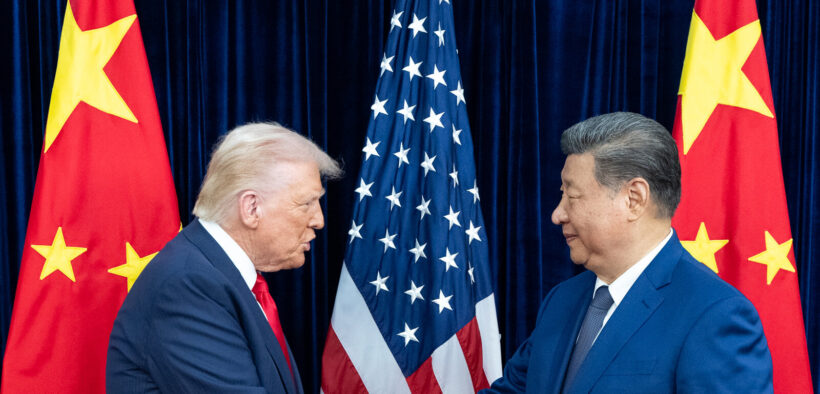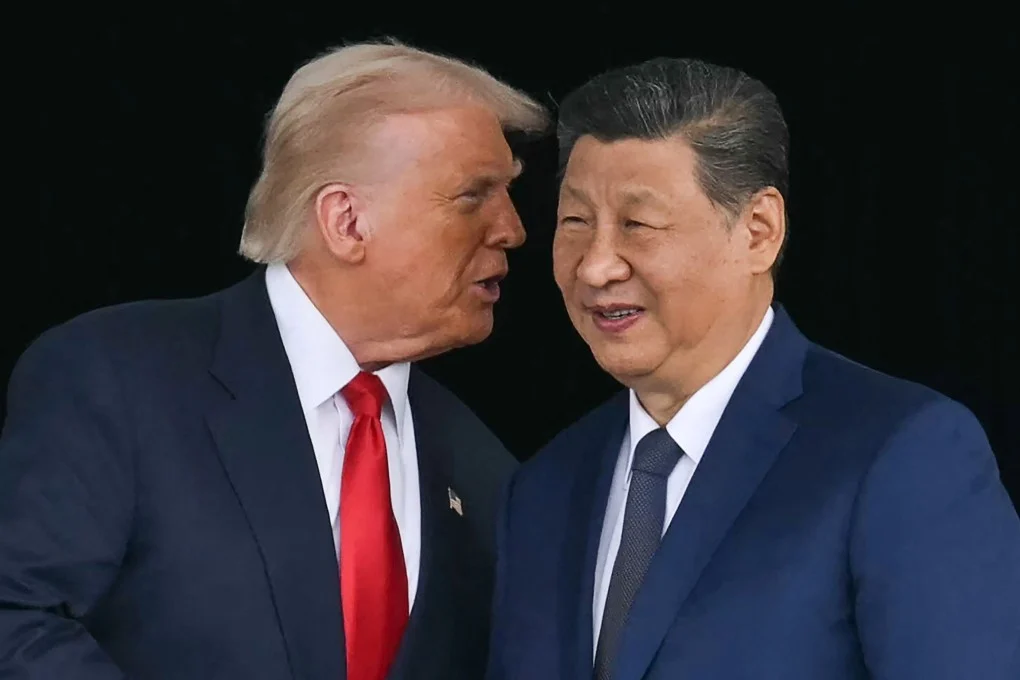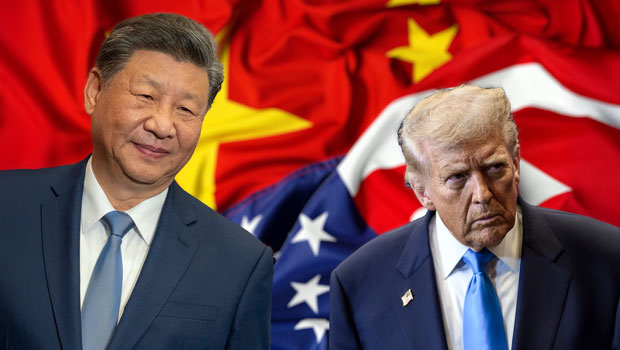Trump and Xi Agree to One-Year Trade Truce as China Commits to Buy U.S. Farm
Share

After months of escalating tariffs and tense negotiations, President Donald Trump and Chinese President Xi Jinping have agreed to a one-year trade truce, signaling a pause in the bitter economic standoff between the world’s two largest economies. The agreement, reached during a face-to-face meeting, includes a major commitment from China to purchase massive quantities of U.S. agricultural products, particularly soybeans, corn, and other farm goods that have been at the center of the trade dispute.
The truce marks a temporary easing of the trade war that has rattled global markets and strained relationships between Washington and Beijing. Both leaders described the meeting as “constructive” and emphasized a shared interest in restoring stability to international trade. Trump called the agreement a “big win” for American farmers, saying the purchases will inject billions of dollars back into the U.S. agricultural sector. “China has agreed to buy tremendous amounts of our farm products,” he said. “It’s a strong step toward fair and balanced trade.”

President Xi also expressed optimism, framing the truce as an opportunity to rebuild economic cooperation while protecting each nation’s strategic interests. Chinese officials later confirmed that import orders for U.S. soybeans and grains would resume almost immediately, a significant shift after months of tariffs that had effectively halted trade.
For American farmers, especially in the Midwest and South, the truce could not come soon enough. Many have faced mounting losses due to reduced exports, falling crop prices, and shrinking access to foreign markets. The trade war has hit rural communities hard, forcing some small farms to close and leaving many others on the brink of bankruptcy. The return of Chinese demand could help stabilize prices and bring much-needed relief.
Still, economic analysts caution that the deal is more of a temporary pause than a permanent solution. The agreement does not eliminate existing tariffs, and negotiations on larger structural issues, such as technology transfers, intellectual property, and industrial subsidies, remain unresolved. “This truce buys both sides time,” said one trade expert. “But without deeper reform, the same tensions could easily resurface next year.”

The ripple effects of U.S.-China trade policy reach far beyond Wall Street and Washington. From farmers in Georgia to Black-owned logistics firms in the Midwest that rely on agricultural exports, the outcome of this truce has real consequences for livelihoods across the country. Many small and minority-owned businesses that depend on trade are hoping the stability lasts long enough to rebuild lost partnerships and restore confidence in the global supply chain.
As the world watches how both governments honor their commitments, one thing is clear, the U.S.-China relationship remains one of the most powerful forces shaping the global economy. For now, the handshake between Trump and Xi has offered temporary calm in a storm of economic uncertainty. Whether that peace holds beyond the next year will depend on trust, transparency, and the political will to keep the trade doors open.






